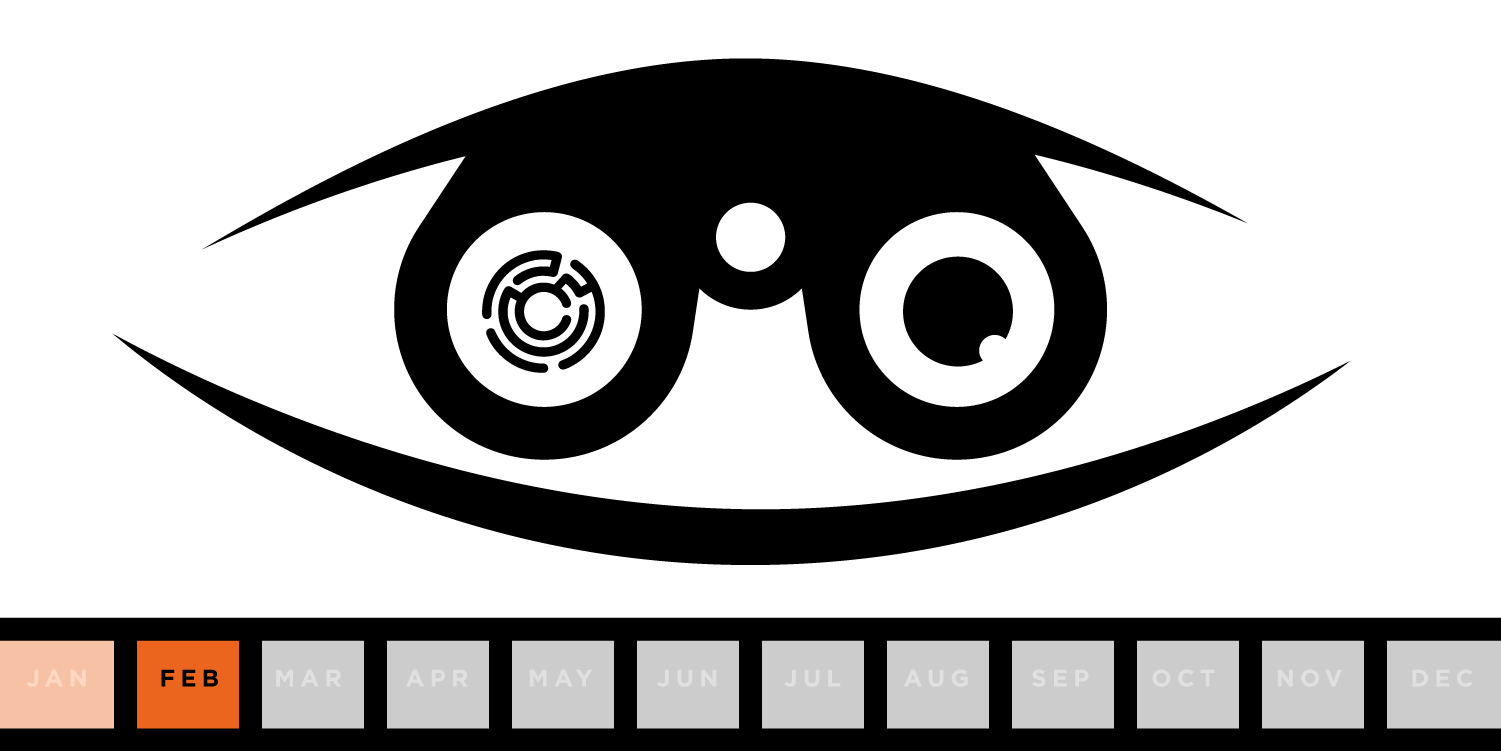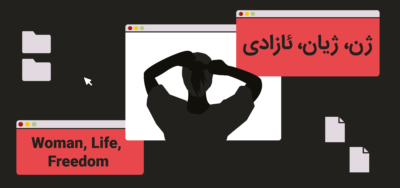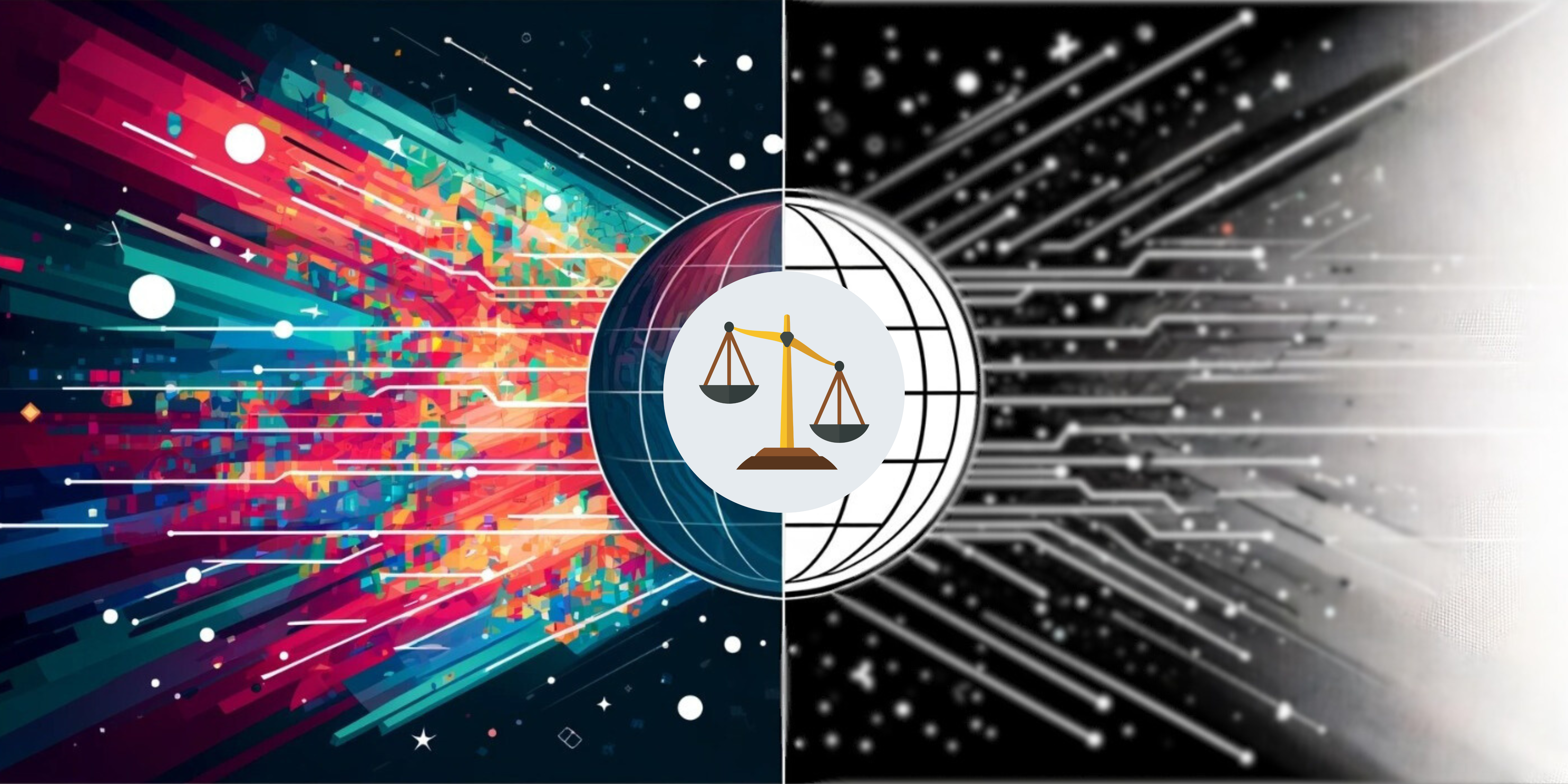February was a relatively quiet month for internet policy developments in Iran. With the meeting of the Supreme Council of Cyberspace suspended for the month, major developments were not particularly forthcoming.
As we approached the end of the Iranian calendar year 1397, we did see a wave of fresh announcements from Iranian officials about the development of new infrastructure projects. In recent months, Iranian officials have been public about prioritising investment in marginalised and economically underdeveloped areas of the country.
Despite the lack of major developments, we’ve continued to see evidence of growing investment in eGovernment services, including the announcement of a ‘Citizen Electronic Health Record’ to introduce greater efficiencies into Iran’s health services.

Iran and Iraq to Develop Joint ICT Regulatory Committee
On 3 February Iran’s ICT Minister Mohammad Javad Azari Jahromi announced that from March, Iran and Iraq are to form a joint ICT regulatory committee. The committee will look at issues that include the frequency of border interactions, reducing communication costs between the two countries, as well as investment in the ICT sector. The two countries have cooperated closely due to the high number of cultural and religious pilgrims from Iran to Iraq. In this sense, the formation of this committee appears to simply formalise an existing collaborative relationship.
No Supreme Council of Cyberspace Meeting in February
There was no Supreme Council of Cyberspace (SCC) meeting in February. The most recent previous meeting was held on 26 January, and was chaired by President Rouhani.

‘Deprived’ Provinces Will See 100s of Kilometres of Fibre-Optic Cable Installed
On 17 February the executive for the Rural Communication Development Plan at Iran’s ICT Ministry, Mehdi Torabian, announced that by the end of September 2019 5,000 kilometres of fibre optic cables are to be installed in Iran. According to Torabian ‘deprived’ provinces are to be prioritised under his plan. These areas will see the development of between 200 to 300 kilometres of fibre-optic cables. This is significantly more than other provinces, which will receive on average somewhere in the region of 100 kilometres. ICT Ministry officials under President Rouhani have consistently sought to highlight the extent to which they have invested in infrastructure in less developed areas of Iran.
Communications Regulatory Authority Claims 80% of Iranian Families Will Have 20MB/s Internet by 2021, Despite Decline in Broadband Subscriptions
On 19 February the Deputy Head of the CRA Seyed Babak Ebrahimi announced that by the end of the Sixth Plan (March 2021), 80% of Iranian families will have access to 20MB/s internet connections. It must be noted, however, that in recent years subscriptions to broadband internet in Iran has been in decline, in favour of mobile internet connections.
Rouhani’s ICT Ministry Face Defeat in Parliament in Favour of State Broadcaster IRIB
On 22 February Iran’s Parliament voted against the transferral of the management of 700 MHz bands and 800 MHz bands from the state broadcaster Islamic Republic of Iran Broadcasting (IRIB) to the ICT Ministry. Iran’s ICT Ministry has long insisted that it needs control over these frequencies in order to develop infrastructure for the Internet of Things and 5G networks. Even though MPs voted in favour of the IRIB on the basis of upholding Article 110 of the Iranian Constitution (which outlines the powers and responsibilities of the Supreme Leader), the vote marks a potentially significant defeat for the ICT Ministry, given the role of Reformist-aligned MPs in voting the bill down.
Indeed, the lack of support for the ICT Ministry in this vote could indicate that the ICT Ministry’s upcoming legislative programme may not be guaranteed uncritical support from the pro-reform faction in Iran’s Parliament.

Digital Media and Financial Companies in Iran Fall Victim to Cyber-Attacks
According to the Center for Human Rights in Iran (CHRI), at least 20 digital media and financial companies in Iran were targeted with DDoS attacks in February 2019. So far no person or group has taken responsibility for the attacks, and the Iranian government, with the exception of a warning from Iran’s Cyber Police (FATA), has been silent on the issue.

‘Citizen Electronic Health Record’ Project to be Completed by March 2019
On 2 February Mahmoud Tara, the Head of the Centre for the Management of Statistics and Data at Iran’s Ministry of Health announced that the Citizen Electronic Health Record project should be completed by the end of Iranian Calendar year 1397 (March 2019). The Citizen Electronic Health Record will digitally host all the medical information of Iranian citizens, including visits to doctors and prescriptions.
Iran’s Second Largest Mobile Phone Operator MTN IranCell Appoints New Managing Director
On 20 February the board of directors at MTN IranCell appointed Bijan Abbasi Arand as its new Managing Director. MTN IranCell is the second largest mobile phone operator in Iran. Prior to this appointment, Arand was a former Director of Iran Electronics Industries.
New Cryptocurrency ‘Peyman’ Launched
On 7 February it was announced that the messaging app Baleh will serve as a wallet for the new cryptocurrency ‘Peyman’. Peyman was launched on 29 January 2019 by the Qognoush Consortium in collaboration with Bank Melli Iran. From initial reporting, it appears that Peyman’s value is pegged to the value of gold. By acting as a wallet for the cryptocurrency, Baleh is likely to attract new users seeking to incorporate the currency into their daily transactions, or who seek to invest in the currency.

Cyber Police Call for the Filtering of Classified Ads Websites
On 5 February Colonel Touraj Kazemi, the Head of FATA in Tehran, announced that FATA has requested that judiciary officials order the filtering of the website ‘Divar’ — a classified ads page. According to Kazemi, 20% of cybercrime in Iran takes place on sites like Divar. FATA has repeatedly stated that it places responsibility for ads placed on websites such as Divar on the websites themselves.
Speculation Grows Around Instagram’s Future
On 23 February the Secretary of the CDICC Javad Javidniya denied that a decision had been made to filter Instagram. He claimed that once a decision is taken on the matter, it would be publicly announced through the CDICC. In recent months there has been growing speculation that judiciary officials have been seeking to ban the social media platform.




